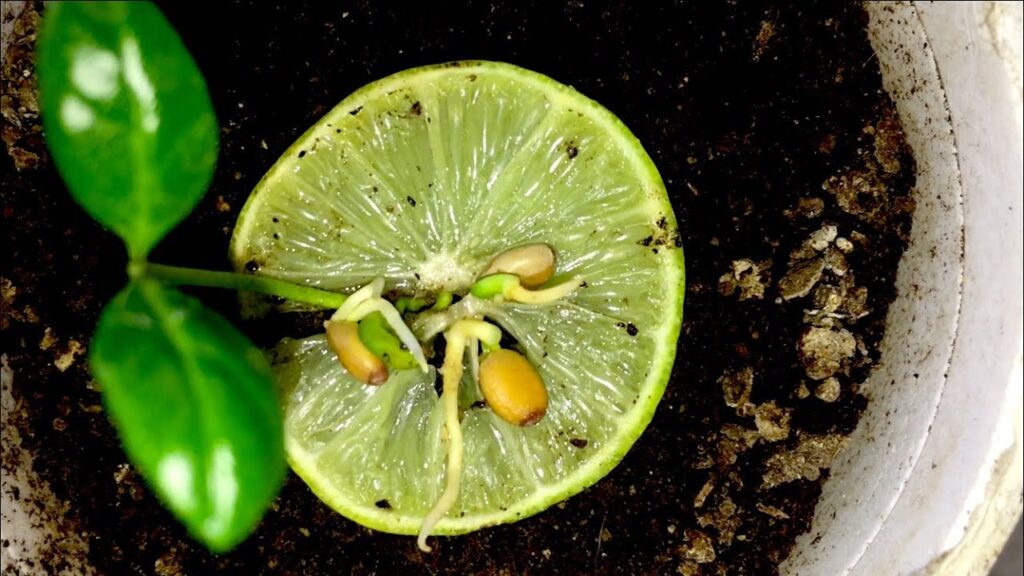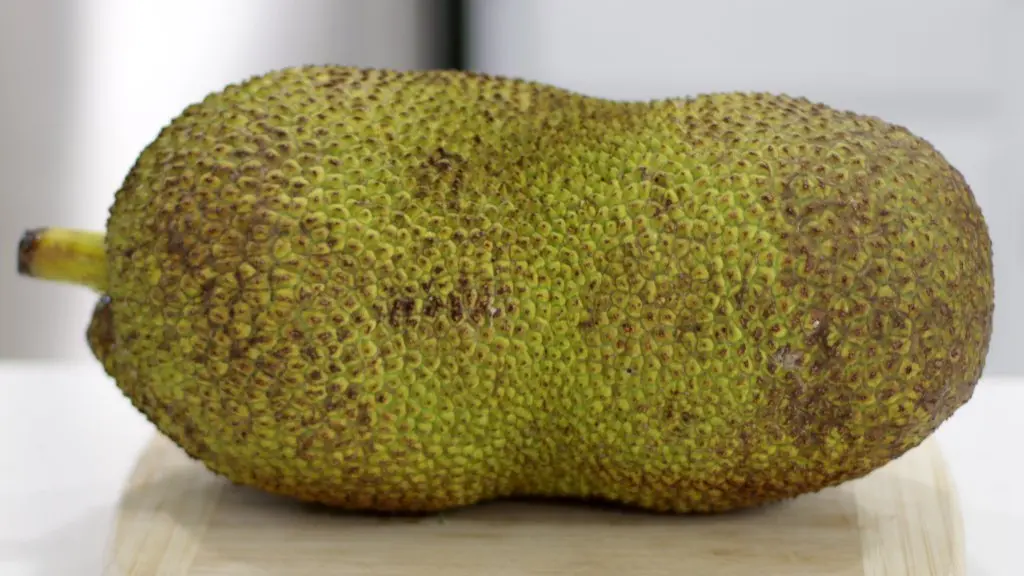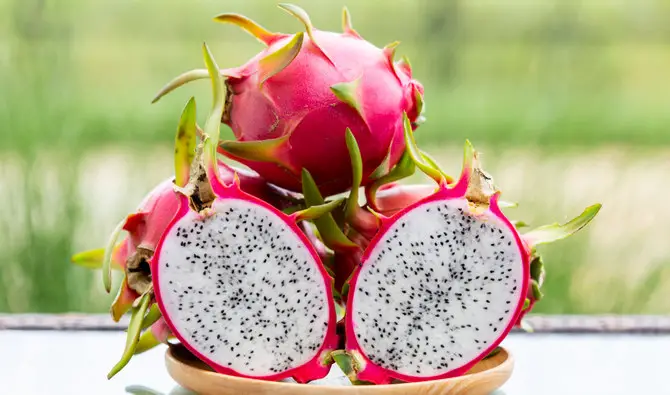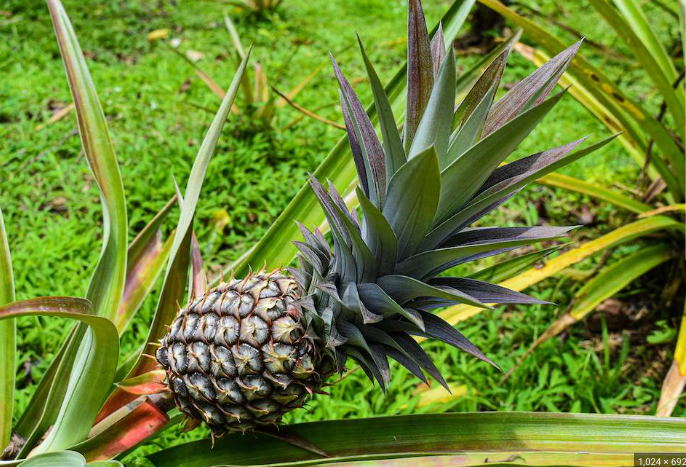Eggplants are a garden favorite, well-known for their shiny deep purple skin and tasty, hearty inside. To grow eggplants that are healthy and produce well, you need to give them the right food.
Fertilizers are very important for providing the important stuff that eggplants need to grow big and strong. In this detailed guide, we’ll talk about the best fertilizers for your eggplants, what’s in them, how to use them, and why they are good for your plants.
Table of Contents
What Do Eggplants Need to Grow Well?
Eggplants have certain things they need to grow just like other plants. They need a good mix of the big nutrients – nitrogen (N), phosphorus (P), and potassium (K) – and also the smaller ones like calcium, magnesium, and iron.
Nitrogen helps the leaves and stem grow, phosphorus is great for the roots and making fruit, and potassium keeps the whole plant healthy and fights off diseases. Calcium makes the plant’s cell walls strong, magnesium is needed for making chlorophyll, which gives plants their green color, and iron helps enzymes work properly in plants.
Top Picks for Eggplant Fertilizers
There are lots of fertilizers out there, but here are some of the best ones for feeding your eggplants:
- Organic Compost: This type of natural plant food is full of nutrients and is great for almost any plant, including eggplants. It makes the soil better, helps it hold water, and gives a gentle supply of plant food. Spread some compost around your eggplant plants and mix it in a little to feed the roots.
- Even Mix Granular Fertilizer: Choose a granular fertilizer with a balance like 10-10-10. These provide a good, steady amount of food and work well at different times in the eggplant’s life. Always use the amount and timing that the fertilizer package says.
- Fish Emulsion: Made from leftovers of fish, this fertilizer is full of nitrogen for making your eggplants grow big and have lots of green leaves. Mix it with water as the instructions say and you can spray it on the leaves or put it right in the soil.
- Seaweed Extract: This comes from seaweed and has lots of small nutrients and things that help plants grow. It’s good for making roots better, helping the plant take in nutrients, and protecting it from hard times. Mix the seaweid extract with water as the bottle says and you can put it on the soil or spray it on the eggplant leaves.
- Bone Meal: Packed with phosphorus and calcium, bone meal is great for helping your eggplants make flowers and fruit. Mix it into the soil when you’re planting or put it around plants that are already growing.
How to Apply Fertilizers
If you want your fertilizers to work well for your eggplants, you have to use them the right way. Here’s how to do it:
- Spreading: When using granular fertilizers, spread them out evenly on the soil near your plants but not too close to the stems. Give the area a good watering so the plant food goes down to where the roots are.
- Top Dressing: For things like compost or bone meal, put a small layer around your plants on top of the soil. Then carefully mix it in a bit but be careful not to hurt the roots.
- Leaf Spraying: Liquid fertilizers like fish emulsion or seaweed can be sprayed right onto the plant’s leaves. Make sure to mix it as the instructions say and cover the leaves well with the spray. Do this early in the morning or in the evening so you don’t burn the leaves.
Always stick to the amount and schedule the fertilizer maker recommends. If you give too much, it can hurt your plants or throw the nutrients out of balance.
Why It’s Good to Use the Best Fertilizer
The right fertilizer can do great things for your eggplants:
- Better Growth: With the right food, your plants will grow strong with green leaves that look great.
- More to Harvest: When you use fertilizers with phosphorus and potassium, your plants will make more flowers and fruit, so you get more eggplants.
- Less Getting Sick
- Taking In Nutrients Better: If your plants keep getting a steady supply of what they need, they can take in and use those nutrients much better.
- Earth-Friendly Gardening: Using organic fertilizers helps you garden without hurting the environment. It means less chemicals and a happier garden.
If you pick good fertilizers and use them the right way, you’ll end up with eggplants that are really healthy and give you lots of food.
Wrapping It Up
Choosing and using the best fertilizer is key for your eggplants to grow strong and make plenty of yummy food. Whether you use organic compost, balanced granular fertilizers, fish emulsion, seaweed extract, or bone meal, each will give your plants the food they need in their own special way.
Knowing what your eggplants need and giving your fertilizers properly will lead to the best results. Follow this guide and get ready for fantastic eggplants that can be enjoyed both in your garden and at your table.
Enjoy your gardening!









